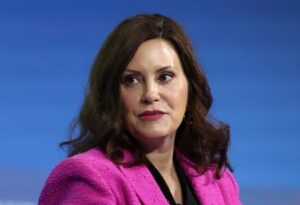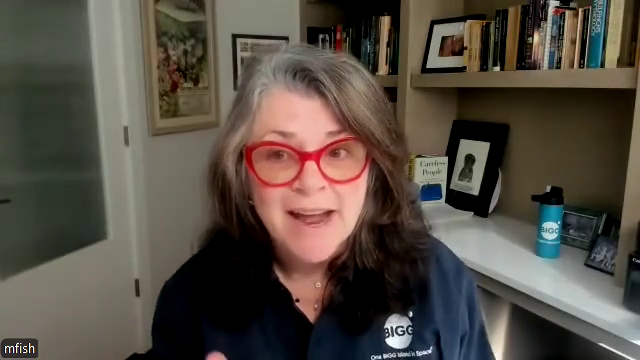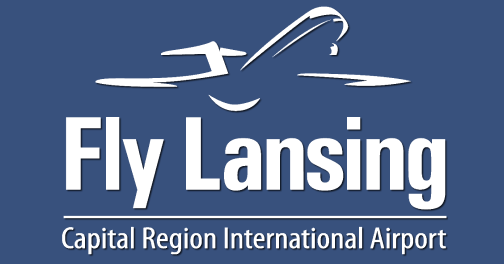The U.S. Small Business Administration has fired a shot across the bow of its lending partners. In a letter issued by SBA General Counsel Wendell Davis, lenders were formally warned that any past or current practice of debanking—whether against SBA loan recipients or not—must be identified, corrected, and reported. Failure to comply could jeopardize a lender’s SBA lending authority. The Problem: Politicized and Unlawful Debanking The backdrop is President Trump’s August 7, 2025 Executive Order, “Guaranteeing Fair Banking for All Americans.” The order requires federal regulators and the SBA to end the practice of “politicized” debanking—where institutions deny services to customers on political, religious, or ideological grounds. This follows years of controversy surrounding Operation Chokepoint and more recent allegations of religious, political, and even former President Trump himself being “debanked.” The SBA has determined that such practices constitute not only bad banking policy but also a violation of statutory and constitutional rights. Importantly, SBA clarified that unlawful debanking is a violation even when the affected customer has no relationship with the SBA loan programs. Simply put, any bank engaged in politicized account closures or denials is out of compliance with SBA’s requirements for good standing. Lender Obligations and Response Timeline The SBA set December 5, 2025 as the critical deadline. By that date, each SBA lending institution must: - Identify all past or current formal and informal policies or practices that resulted in politicized or unlawful debanking.
- Reinstate clients wrongfully debanked, whether SBA borrowers or not, and notify them of reinstatement.
- Notify any potential clients who were denied services due to debanking that they now have renewed access.
- Correct all violations tied to SBA program rules, even if only indirectly connected to SBA lending.
Within 30 days after the deadline, lenders must submit a detailed compliance report to the SBA’s Office of General Counsel (debanking@sba.gov). SBA’s Enforcement Powers The letter makes clear that SBA is prepared to wield its full enforcement authority. Consequences for noncompliance include: - Non-renewal of delegated authority (such as PLP status).
- Mandatory headquarters meetings with SBA oversight officials.
- Increased reporting requirements.
- Issuance of a Supervisory Letter or demand for a Board Resolution.
- For intermediaries, withholding of technical assistance grant funds.
- And, most significantly, referral to the U.S. Attorney General for civil action.
In short, lenders risk losing their license to operate as SBA partners if past “sins” are not addressed and corrected. What This Means for SBA Lenders This is a rare and sweeping mandate. Never before has SBA tied lender participation so directly to policies affecting non-SBA customers. The agency is signaling that fair banking practices are no longer optional—they are a condition of SBA program participation. For lenders, the message is clear: audit your practices now, clean house, and report compliance by December 5. Otherwise, expect the SBA to come knocking. Read the full letter here. | 








